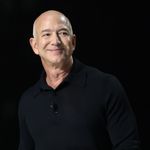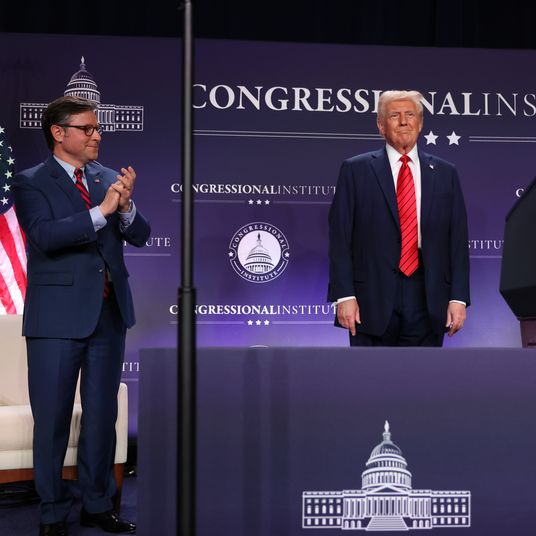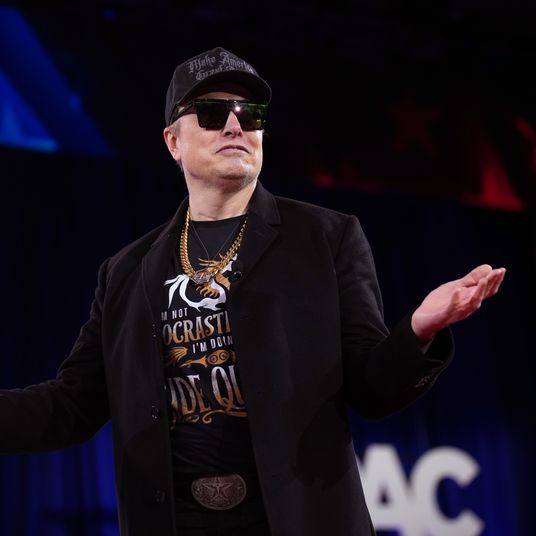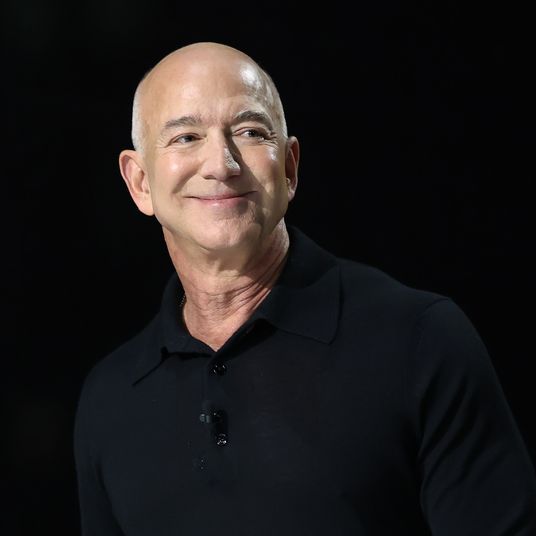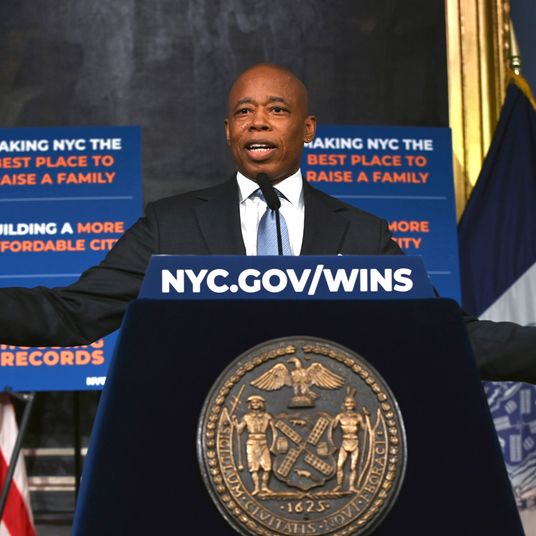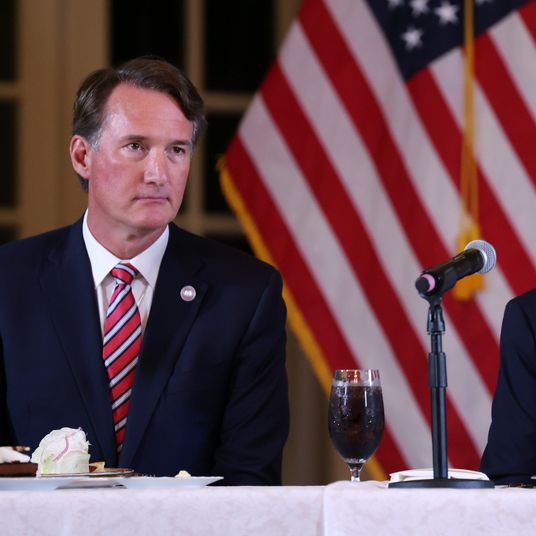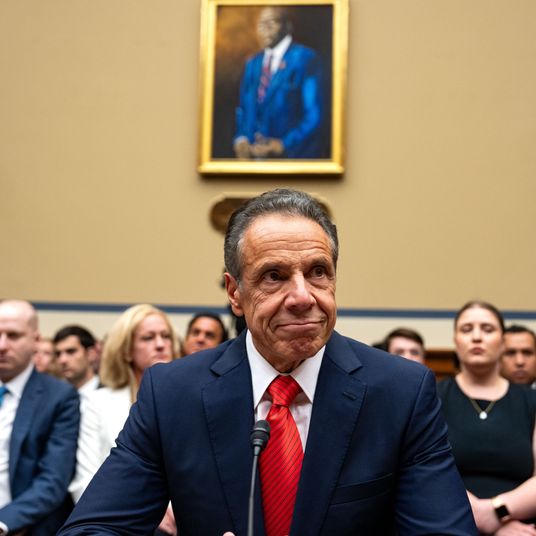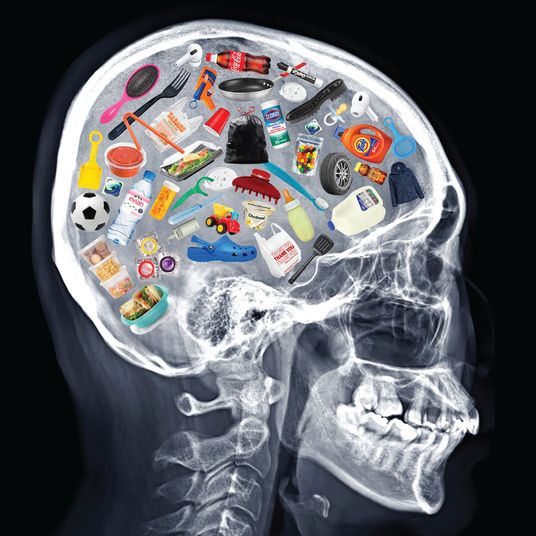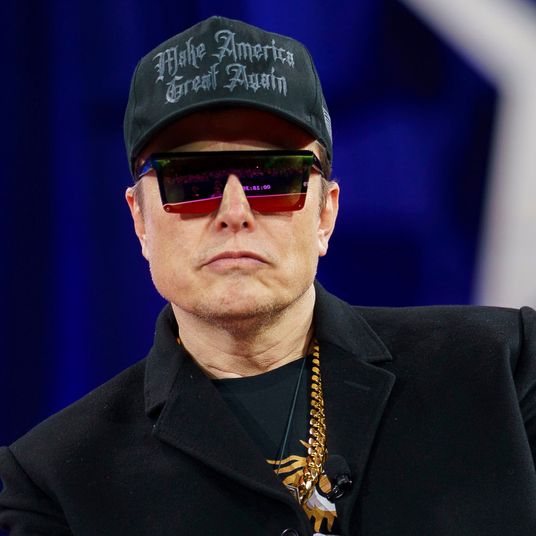
That the internet exists as it currently does — in a free, open state, ostensibly accessible to anyone — is easy to take as a law of nature. But of course it isn’t. The internet was a series of technological developments, each stacked on the others. In some cases, decisions made by a few set the course for everything to come, and there have been plenty of points in its history when regulation, privatization, industry upheaval, or a simple design choice could have led to an internet that would be unrecognizable to us today.
The Internet Is CB Radio
1991: The early internet stayed closed to commercial traffic.
The National Science Foundation, whose high-speed NSFNET was the backbone of the nascent internet, began to allow commercial activity in 1991, paving the way for an internet owned by profit-seeking corporations.
But what if the NSF had kept up the ban? The simple answer: There is no mainstream internet. The NSFNET is the country’s largest network, connecting academics and researchers, but it never flowers into the place where the world does its shopping, dating, investing, and TV-watching. A well-funded company might try to build its own, separate network, but the cost of physical infrastructure means it’s unlikely to succeed. “Walled garden” dial-up services like Prodigy and CompuServe, which connect people over phone lines, linger on, but among the public there is little interest: In a world where professional use of “the internet” is mostly confined to academics and researchers, consumer computer networking is, essentially, expensive CB radio.
The Internet Never Forgets
1991: Xanadu, not the World Wide Web, became our portal to the internet; every page has two-way hyperlinks.
In the mid-’80s, Ted Nelson was working on a web prototype called Xanadu. In our current system, if web page A links to web page B, there’s no way for a reader of web page B to know, but if Xanadu page A links to Xanadu page B, anyone reading page B will know. Nelson and his team ran out of funding, and in 1991, Tim Berners-Lee, a scientist at CERN, the European Organization for Nuclear Research, launched the World Wide Web — and the internet as we know it. But let’s say Xanadu beats the web to market. Google’s search algorithms are useless because everything already links back to everything else. Temporary pages are forbidden, which means that most of “Web 2.0” doesn’t exist. There’s little discussion of privacy and security, because everything has always been public and interlinked. Ultimately, the Xanadu-dominant internet becomes a Wikipedia-style repository, everything etched permanently into the web as if it were stone.
The Internet Is Only for Corporations
1994: Corporate interests copyrighted the World Wide Web.
Within a few years of launching the web, its owner, CERN, released the central components — web browser, server, and the library of common code — to the public, while retaining the copyright. In doing so, it ensured that no one else could copyright the web’s underlying technology; it would remain free and accessible and could grow unhindered by corporate meddling.
If it had released the copyright along with the technology, someone else could have made changes to the code, copyrighted the software, and then charged licensing fees. The web then becomes the domain of only those who will pay: large companies, not the hobbyists who really built out the early internet. And probably not many small businesses, either. Everyone still gets the Yellow Pages, because there’s no Seamless or Yelp. In fact, there’s probably no Google, since the unguided growth that created the conditions for it never happened. Instead, the web is a means to augment offline business, not a culture in itself; nobody is congregating on forums with pseudonymous strangers; nobody is blogging. Or CERN could have chosen to charge its own licensing fee. If it had, the money could have been used to build an even more powerful Large Hadron Collider than the one it did build — which might have malfunctioned and wiped our reality from existence.
The Internet Is Censored
1995: The FCC took charge.
In 1995, the National Science Foundation left regulating the internet to nonprofit corporations, but it could have just as easily turned it over to a different governing body, like the Federal Communications Commission.
What would this mean? Profanity is only legal and legible from 10 p.m. to 6 a.m. Websites that accept advertising from one political party must offer equal space to the other party. Given those obligations, social-media networks are austere and little used. There’s also likely no (legal) internet porn, in which case, there’s likely no advanced commercial internet at all: Online credit-card payments, streaming video, and cloud computing all got their start in porn, because the industry recognized early on the value of direct access to consumers in the privacy of their own homes. In its absence, many of the features of the internet we take for granted might not arrive until years later, if at all.
The Internet Saves the Music Industry
1996: Micropayments were baked into the web long before piracy ever took off.
In February 1996, employees of CyberCash, one of the first online-payment systems of the dial-up era, suggested “a general payments system for use over the internet.” The idea was never adopted, but if it had been, we might have ended up with an internet in which submitting and processing payments was baked into the internet’s foundation, three years before Napster’s launch normalized piracy for an entire generation. In this scenario, the music industry embraces à la carte payments — charging amounts small enough that no one flinches (as we now don’t flinch when we pay for streaming services). Piracy still exists, but it doesn’t demolish the record industry’s sales, which means instead of artists’ being forced to make the majority of their money through live performances, being a full-time studio band is still viable. And with a bigger audience accessible through the internet, independent and DIY bands can hawk their wares to the masses without relying on major distributors. On the downside: Without Napster to put him on the map, Sean Parker never becomes a major player in Silicon Valley and subsequently never helps Mark Zuckerberg’s “The Facebook” get a foot in the door.
The Internet Is Just for Grown-Ups
1998: Congress banned kids from the web.
In 1997, Congress attempted to ban porn from the internet. When the Supreme Court struck down that law, it responded by enacting a law that was almost its inverse: Rather than ban porn from the internet, why not ban kids from it? In 1998, Congress passed the Child Online Protection Act (COPA), which required sites that might distribute material that appealed to “prurient interest” to block minors’ access. The standard was so broad — it could potentially include not just tabloids and porn sites but YouTube and all social networks — a court order almost immediately enjoined the government from enforcing it. In 2009, the Supreme Court declined to hear appeals, killing it for good, and now, in 2016, Justin Bieber is one of the country’s most famous people.
That would never have happened if COPA had been enforced: In a world where anyone under 18 is blocked from most corners of the internet, YouTube is not a machine for generating pop stars. Absent a high-school population, the internet is vaguely more pleasant to read. Kids dream of the internet like they now dream about driver’s licenses or getting into bars. Facebook is much slower to grow, and millennial-focused viral operations like BuzzFeed never reach the same heights of success. But this doesn’t mean the web is all quality now: Your adult peers have their own affection for bottom-of-the-barrel content, and viral-hungry tabloids like the Daily Mail are still hugely successful.
The Internet Never Leaves Desktop
2001: The iPod flopped.
In 2001, Apple was just emerging from a decade-long decline, and its expensive MP3-playing toy, the iPod, was far from a sure bet. It’s not hard to imagine a scenario in which the music industry, deeply skeptical of file sharing in the wake of Napster, never signed on. Without a hit line of iPods, does Apple ever build up to the iPhone? And if the iPhone never exists, there is no Android operating system to combat iOS, and Research in Motion’s BlackBerry continues to lead with its trackball and keyboard phone, on which you can check your email and use a web browser but not much else. The primary definition of apps continues to be “food before the entrée.” No Angry Birds, no Flappy Bird, no Candy Crush. Facebook might be okay, but FOMO-centric mobile networks like Instagram and Snapchat never come into being. Live video never becomes mainstream, which means Apple Store freak-outs and police shootings go unrecorded. It is the year 2016, and people are still printing out driving directions on paper. Apple continues its slow decline. Its legacy is translucent computers in bright colors and that one “1984” advertisement.
The Internet Has Exclusive VIP Rooms
2004: Net neutrality didn’t take hold.
In 2004, as broadband service was gaining market share over dial-up, FCC chairman Michael Powell outlined four freedoms essential to internet users. The most important one was that users should be able to access any legal content they choose. This means that, for instance, an ISP can’t block HBO Now in order to steer traffic to Netflix or make it more difficult to access a website by throttling speeds.
But let’s say net neutrality isn’t enforced as the standard. ISPs are free to cut revenue-sharing deals with specific sites and soon start competing for exclusive content, which spurs website entrepreneurs to keep innovating. Like channels in a cable package, websites from Tidal and Netflix to the New York Times become exclusive properties of the broadband giants, like Time Warner and Comcast. The flow of information is greatly restricted; the internet you see is limited to the package you choose to buy. But the deals also put websites and digital publishers on a much stronger financial footing. Desperate innovations like pop-up ads never come into being, and the overall browsing experience is less cluttered. Your monthly internet-service bill, on the other hand, is much, much higher.
*This article appears in the October 17, 2016, issue of New York Magazine.



